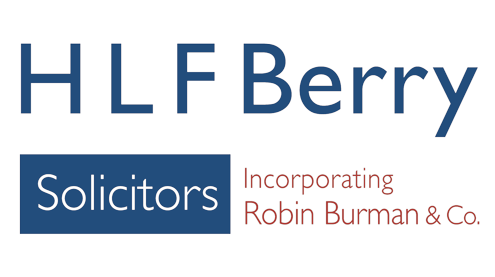Should You Buy A Property Through A Limited Company?
If you’re buying a business property, then it may make sense to buy through a company. However, whether to buy a residential property through a limited company is more complicated and the answer to the question on whether you should do so, depends on your situation and how you will make the purchase.
This is because, if you’re buying a property through a limited company using a mortgage, you will have to give a personal guarantee on the loan as a director of the business. You must always seek independent legal advice before committing to a mortgage on a property bought through a limited company, for this reason.
It’s vital you understand the risks and potential rewards of buying a property through a limited company.
Things To Consider With Buying Property Through A Limited Company
For some people, buying property through a limited company offers major tax benefits whereas for others, it could complicate matters and end up costing more in the long run.
It depends on your situation and there are a number of factors influencing the outcome of buying a property through a limited company.
Factors include:
Mortgages
When you get a mortgage to buy a property through a limited company, the directors must personally guarantee the loan and become liable for the debt.
It’s a big decision to buy property through a limited company using a mortgage, and you must ensure you understand the risks involved by speaking with an independent legal professional first.
If you want a buy-to-let mortgage, you are not allowed to live in the property as part of the agreement – so be careful to read the small print before signing.
Purchase Reason
If you’re buying as an investment, your rental income will be liable for corporation tax if it is owned by the limited company. If you buy property as an individual, any income is liable for income tax instead.
Tax levels differ and it’s worth understanding the rate you’ll be taxed as a limited company owner versus as a private individual owner.
If you own the property as a limited company, you can leave the profits in the company, enabling you to reinvest in more property or to pay for maintenance. However, if you take money out of the company, you have to pay dividend tax or income tax on Directors’ fees in addition to corporation tax that you’ve already paid.
If you’re buying the property as an investment for your children or other beneficiaries, buying through a limited company means you can make them shareholders of the company so that any proceeds from the sale go to them as shares and income may be taxed at a lower rate.
If you buy property to flip it for a profit, usually buying through a limited company is better as it means you’ll pay corporation tax on any gains for each sale rather than income tax that you’d pay as an individual.
Tax Efficiency
The most tax efficient option for you depends on your income band as this determines the rate of income tax payable.
UK income tax is payable at either 20%, 40% or 45%.
Corporation tax is payable at 19%.
If you are a basic rate tax payer, you will pay 20% tax on any gains from any sale or rental yield from your property if privately owned, but this rises to 40% or 45% for higher rate tax payers. This compares to the 19% corporation tax rate you’d pay if the property was owned by a limited company. When you consider the paperwork involved in running a limited company, especially if you’d need to employ an accountant to help with the accounts; it’s probably easier to buy the property as a private individual.
If your income tax rate is at 40% or 45%, then you stand to save a significant amount of tax by paying corporation tax instead of income tax on any gains or rental yield on the property.
Do You Save On Stamp Duty By Buying Through A Limited Company?
No. Limited companies have to pay SDLT on property purchases, including the extra 3% on second properties even if it’s the first purchase your company has made and even if you don’t own another property.
Can You Buy Your Home Through A Limited Company?
Yes, you can, but you may be penalised by Capital Gains Tax on any increase in value. It is usually more tax efficient to register your company before buying your home rather than transferring ownership later on. You will be personally liable for any capital gains tax when you sell. It’s important you seek independent legal and financial advice before buying your home through your limited company as it’s a complex area of law.
Helping You With Your Property Purchases
Our specialist property solicitors are here to help you with your property purchase, whether you choose to buy as an individual or as a limited company.
Thanks to our experience and knowledge of the law, we can advise you on both the risks and potential benefits of each option so that you can make a fully informed decision – and one that is right for you and your individual situation.
To speak to one of our professional solicitors about your property plans, please contact us at our Chorlton office on 0161 860 7123 or email chorlton@hlfberry.com or at our Failsworth office on 0161 681 4005 or email failsworth@hlfberry.com






